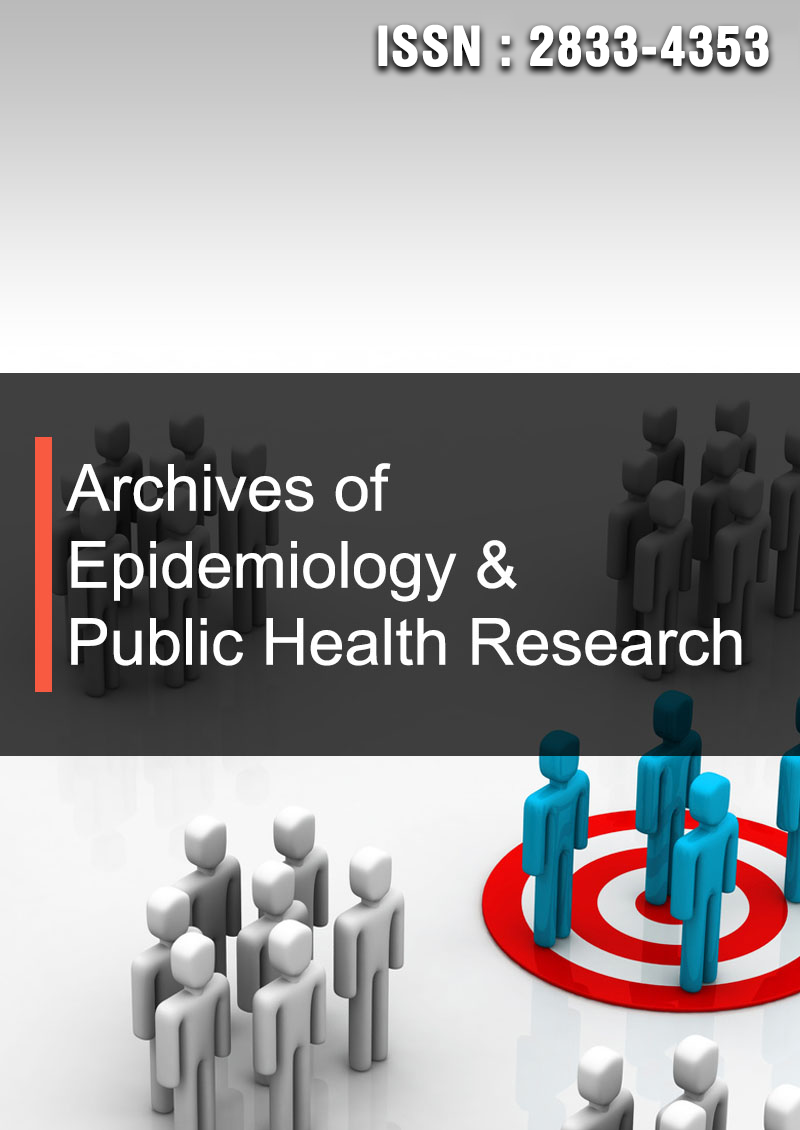Wake Up Call: While We Sleep, China's Healthcare AI Revolution Quietly Overtakes the World-Leaving Indonesia in the Dark
Abstract
Prof. Dasaad Mulijono
Artificial Intelligence (AI) and robotics are no longer optional enhancements in healthcare—they are seismic forces redefining the future of medicine, reshaping clinical decision-making, surgical precision, patient outcomes, and economic structures. While the United States struggles with entrenched bureaucracy, fractured systems, and policy paralysis, China has launched a strategic, coordinated offensive that is fast elevating it as the new global epicentre of medical technology. With government-backed research and development (R&D), streamlined regulations, and aggressive AI implementation across radiology, surgery, and diagnostics, China is poised to eclipse traditional Western dominance within the next decade. Meanwhile, countries like Indonesia risk being left behind, paralyzed by infrastructural gaps, outdated medical training, and fierce resistance from entrenched interest groups. Yet within this stagnation, one institution—Bethsaida Hospital, led by Prof. Dasaad Mulijono—offers a powerful counter-narrative. As the first in Indonesia to integrate Drug-Coated Balloon (DCB) ther- apy with a whole-food plant-based diet (WFPBD), Bethsaida has not only achieved unprecedented clinical outcomes (including restenosis rates below 2%) but now emerges as a credible pioneer for AI and robotic healthcare integration.
With the passage of the 2024 Omnibus Law aimed at reforming medical education, a narrow window of opportunity has opened. The question is whether Indonesia’s healthcare community will seize or squander it through inaction and internal discord. This paper issues a call to arms for Indonesian medical professionals and policymakers: the age of AI-powered healthcare is no lon- ger approaching—it is here. Failure to adapt will lead to irrelevance and dependency on more agile, technologically advanced nations. Only by embracing innovation, protecting reform, and scaling models like Bethsaida can Indonesia reclaim agency over its medical future and avoid becoming a passive consumer in the next healthcare revolution.



